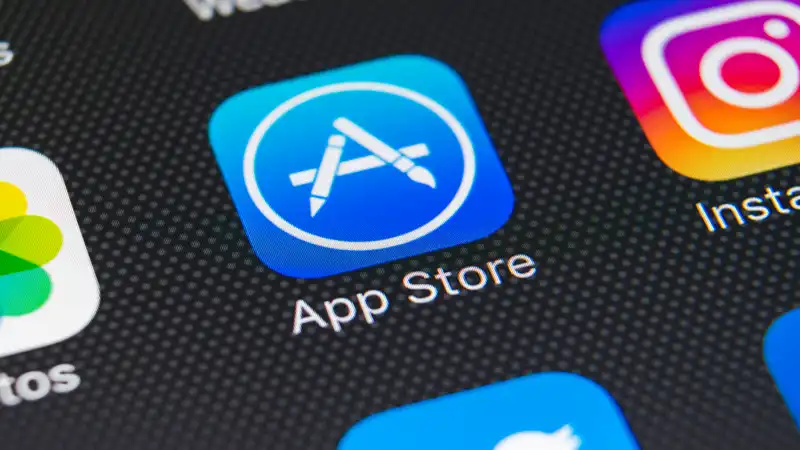Apple's walled garden means that iOS is not as open as platforms like Windows and Android. The European Union is forcing Apple to offer sideloading in the region. Unfortunately, Apple may end up responding to this in the most restrictive and Apple-esque way possible.
While the new policy will allow European users to download iOS apps from locations other than Apple's App Store, the Wall Street Journal reports that Apple still intends to maintain control. According to sources, Apple intends to allow only side-loading of apps that it has personally vetted and to collect fees from developers who circumvent the App Store.
These plans have not been officially confirmed and are subject to change, the WSJ notes. However, this decision is very Apple-like and should have been expected to happen.
Whether this violates EU rules on third-party app stores is unclear, but one would think that Apple would not be dumb enough to poke the bear like this. There is no doubt that Apple will comply with the minimum effort required, but the EU has proven time and again that it takes enforcement of these types of rules seriously.
Given that much of the talk about sideloading on the iPhone stems from complaints about the company's unwarranted restrictions, it will be interesting to see how regulators react if Apple attempts to maintain control in this manner.
Antitrust lawyers told the WSJ that some of the rules are very clear, while others leave room for interpretation. That could give Apple room to do what the report says it will do.
Of course, Apple would have to consider how imposing this kind of restriction on sideloading would exacerbate its relationship with developers; being asked to pay more money just because they allow downloads from somewhere other than the App Store would not be desirable. So in addition to scrutiny from EU legislators, Apple may have to fight back against companies like Meta and Microsoft.
Apple also has a history of following only the letter, not the spirit, of rulings. In response to being forced to allow U.S. developers to provide links to third-party payment providers in their apps, Apple announced that it would take a 27% cut from non-App Store sales and display a large warning page before users leave the app forcing developers to display a large warning page before users leave their apps.
But we'll have to wait and see how this plays out; the Wall Street Journal is correct in reporting that Apple may very well be going to Appley about being forced to offer side loading. However, it is also possible that, like the unfounded rumors about USB-C and the revival of the "Made for iPhone" program, there is nothing to worry about.










Comments